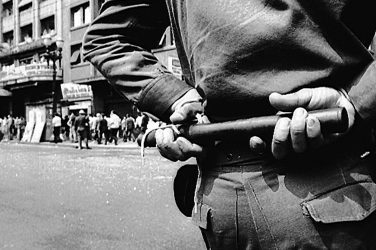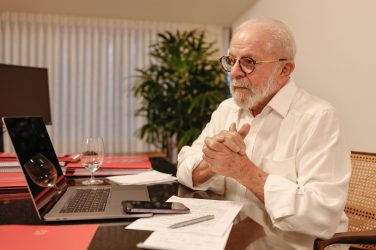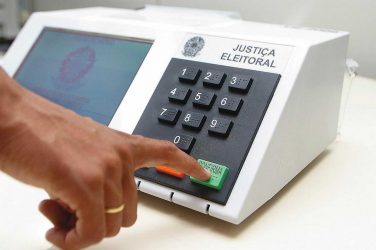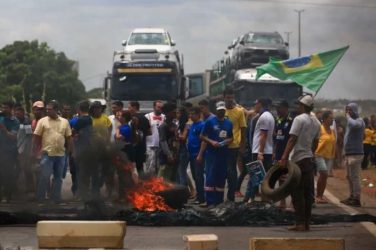This past Friday (March 17) marked the third anniversary of Brazil’s biggest-ever corruption and money laundering law enforcement operation.
It all began with four Federal Police investigations dubbed Dolce Vita, Bidone, Casablanca, and Car Wash. The former three were named after classic films that reflected certain characteristics of currency dealers targeted by the investigations.
The latter was a reference to a laundry and a filling station in Brasília that had been used by criminal organizations. Since the beginning, Operation Car Wash has counted 38 spin-off investigations and uncovered dealings involving contractors, currency dealers, Petrobras officials, and politicians.
According to data from the Paraná state chapter of the Federal Prosecution Service (MPF) as of February, 57 indictments have been filed against 260 people, 25 of which resulted in convictions for money laundering, corruption, criminal conspiracy and international drug trafficking, among other charges.
So far, the “Car Wash” investigative and enforcement taskforce has succeeded in recovering US$ 3.22 billion in public funds, including both money paid back into public coffers and funds in the process of being recovered.
For Car Wash Prosecutor Diogo Castor, the operations are beginning to change the perception that white-collar crimes go unpunished.
“Car Wash is making the criminal justice system fairer and showing what it should be like, and that’s something Brazilians are not used to seeing.
“People are used to inefficient services throughout the public sector, from courts to the legislature to prosecution. ‘Operation Car Wash’ is the only thing that has ever thrived in Brazil’s criminal enforcement system,” he said.
Prison Units in Curitiba
During this period, important politicians and business leaders were convicted of crimes brought to light by the investigators.
The Pinhais Medical Prison Complex (CMP) in the metropolitan area of Curitiba has admitted nine Car Wash convicts, including former Chief of Staff José Dirceu, former lower house speaker and ousted congressman Eduardo Cunha, former senator Gim Argelo, former Petrobras International director Jorge Zelada, and former Workers’ Party treasurer João Vaccari Neto.
The head of the state prison department, Luiz Alberto Cartaxo, is adamant that these prisoners enjoy no privileges there. He explained the CMP was established as a health unit to take in prisoners with mental disorders.
Today, however, there are also civil servants and police officers convicted of a variety of charges, as well as Car Wash inmates. About 670 prisoners occupy the 12-square-meter cells of the facility.
In addition to the CMP, Car Wash prisoners are sent to the Federal Police jail in Curitiba and other cities, including Rio de Janeiro.
It is the case, for example, of the former CEO of Odebrecht construction company, Marcelo Odebrecht, former finance minister Antônio Palocci, former Petrobras Services Director Renato Duque, and the former CEO of OAS construction company, Léo Pinheiro.
Profile Change
Some of the Car Wash prisoners seek to reduce their sentences through work or reading. José Dirceu, for example, helps with book distribution. Every three days spent on the task deduct one day off his sentence.
Others go into reading, and each book they read — books are chosen by the prison teacher based on the inmate’s profile — the inmate has to write an essay and present it. If approved, they get four days deducted off their sentences.
Judge Eduardo Lino from the Court of Criminal Executions in Paraná says he has been receiving many work or reading reports from Car Wash prisoners hoping to have their sentences shortened. And he says the profile of white-collar inmates contrasts with the rest of the prison population.
“This is a new prisoner profile. The class range here is usually very low, people are poor. Now there’s this new situation with higher-status people who are convicted and get to serve imprisonment sentences. And they are finding a way to do this [reduce the amount of time they will spend in prison] without engaging in dangerous conduct,” the judge said.
teleSUR/ABr












